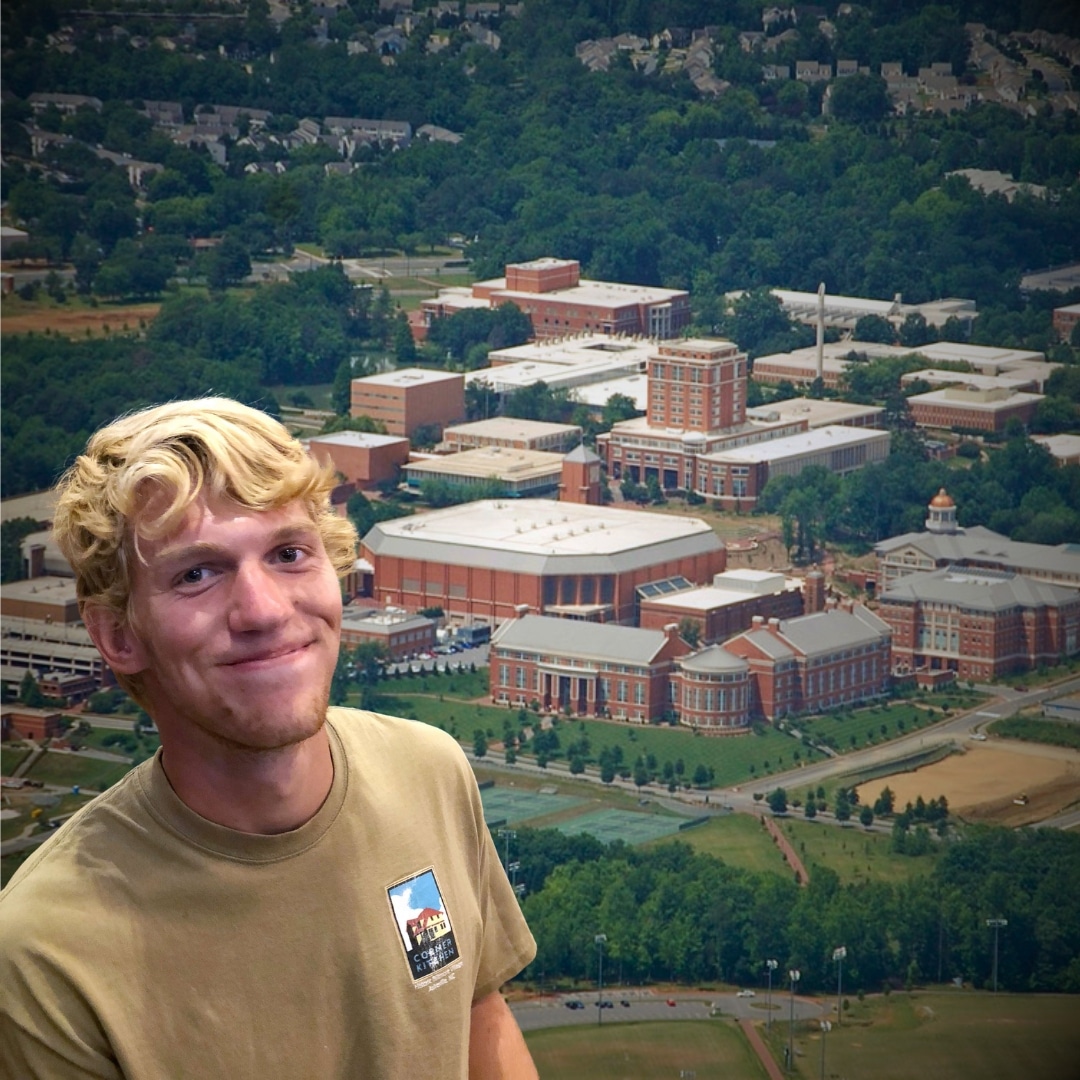
Riley Howell confronted an active shooter on May 1, 2019, at the University of North Carolina-Charlotte, sacrificing himself to save others.
Howell tackled the gunman in an anthropology class, preventing further bloodshed. His bravery received praise from law enforcement and left a lasting impact on his community. Vigils and campaigns were organized to honor his heroism.
Riley's actions become pivotal in discussions on courage in moments of crisis, offering profound insights about the Sheepdog mindset and self-sacrifice.
On May 1, 2019, a seemingly ordinary day at the University of North Carolina-Charlotte turned tragic when a gunman opened fire in an anthropology class.
Amidst the chaos, Riley Howell, a 21-year-old student, emerged as a hero. The shooting disrupted final presentations, sending students into panic as the assailant began his deadly assault. Howell's presence in the classroom marked a significant turning point in the crisis.
Though the attack lasted moments, its impact was profound, resulting in two deaths, including Howell's. His selfless charge at the shooter, despite being shot three times, exemplified courage. Howell's actions, recognized by law enforcement, prevented further loss of life, cementing his legacy as a hero in the face of unimaginable danger.
Riley Howell's bravery highlights the importance of individual action during crises, as exemplified by Jacob Ryker's intervention in similar circumstances.
The heroic actions of Riley Howell during the U.N.C. Charlotte shooting exemplified the selflessness of a true sheepdog, protecting his peers at great personal risk.
At just 21 years old, he intervened in an active shooter situation by tackling the armed assailant, knocking him off his feet. Despite facing extreme danger, Howell was shot three times, with the final bullet fired at point-blank range, underscoring the peril he confronted.
His courageous act thwarted further violence and allowed law enforcement to capture the shooter, likely saving numerous lives. As with Sgt. First Class Alwyn C. Cashe, Howell's self-sacrifice is a poignant reminder of the profound bravery that defines true heroism.
Police Chief Kerr Putney praised Howell's bravery, noting that his actions aligned with recommended responses in such crises.
Howell's sacrifice stands as a powerful reflection of heroism in the face of danger.
After the UNC Charlotte shooting, as the community grappled with shock and sorrow, organizers held vigils to honor the victims, emphasizing Riley Howell's heroism.
The community expressed profound grief and solidarity, calling for reforms in gun legislation and improved safety measures on educational campuses.
A GoFundMe campaign was swiftly initiated to support Howell's family, rapidly garnering financial support as a tribute to his sacrifice.
Students and faculty fondly remembered Howell for his kindness and bravery, underscoring the significant loss experienced by those who knew him.
The tragedy sparked broader discussions on the frequency of mass shootings and the urgent need for legislative interventions to enhance public safety.
In the aftermath of the tragedy, community support flourished, echoing the solidarity seen during other crises, as people came together to provide emotional and financial assistance to those affected.
The legacy of courage and selflessness that Riley Howell left behind is being fervently honored by his community and beyond.
His actions during the U.N.C. Charlotte shooting, where he tackled the gunman to save classmates, prompted widespread admiration. A GoFundMe campaign was established to support Howell's family, reflecting deep appreciation for his bravery.
Vigils and memorials at the University of North Carolina-Charlotte saw students and community members gather to honor Howell's sacrifice and remember his protective nature.
Described by family and friends as someone who prioritized others' safety, Howell's impact continues to resonate. His heroism has sparked crucial conversations about bravery in the face of violence, serving as a tribute to the enduring strength of the human spirit. Like Jeanne Assam's actions during the New Life Church shooting, Howell's bravery underscores the importance of readiness and selflessness in crisis situations.
Howell's brave actions during the U.N.C. Charlotte shooting underscore a critical lesson in courage: confronting danger head-on can save lives. By tackling the shooter, Howell adhered to principles often highlighted in active shooter training, choosing to protect others despite the personal risk. This selfless decision likely prevented further tragedy, demonstrating the profound impact of individual bravery in crisis situations. His actions remind others of the potential for personal sacrifice to guarantee the safety of many. Recognized by police and the community, Howell's heroism emphasizes the importance of acknowledging those who take extraordinary risks in perilous circumstances. Recognition highlighted the importance of well-trained individuals in ensuring public safety, as seen in the actions of law enforcement officers like Alan Horujko. His legacy urges society to cultivate a culture of courage and preparedness, inspiring others to contemplate how they might respond when faced with violence.
On May 1, 2019, a gunman opened fire in a UNC-Charlotte classroom, resulting in two deaths and four injuries. The assailant was apprehended, facing multiple charges. The incident led to heightened security and community discussions on gun violence.
Riley Howell's selfless bravery during the U.N.C. Charlotte shooting remains a powerful tribute to the impact one individual can have in the face of danger. His courageous actions not only saved lives but also sparked a broader conversation on heroism and gun violence. As the community honors his legacy, Howell's story serves as a lasting reminder of the profound difference that courage and sacrifice can make, inspiring future generations to act with similar valor and altruism.